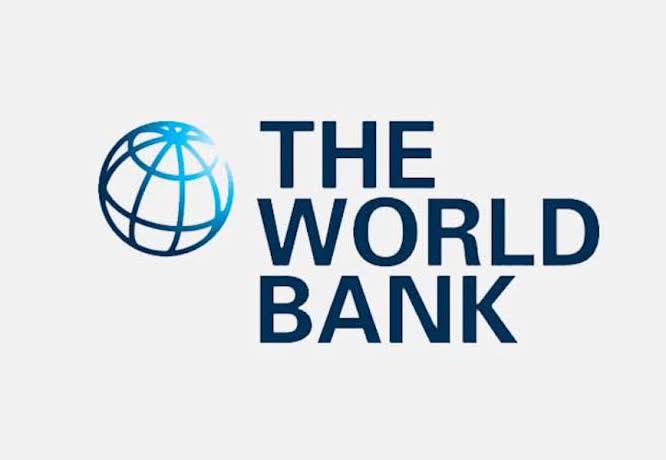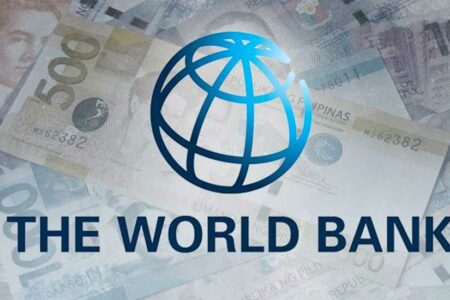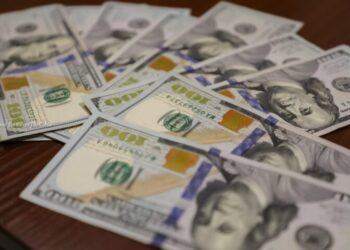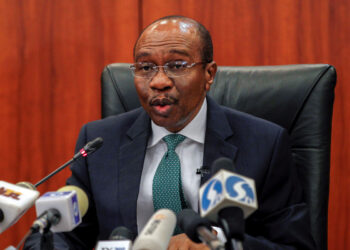The World Bank says the Federal Government’s increased revenue in the first half of this year happened because they stopped a hidden Foreign Exchange (FX) subsidy. Alex Sienart, the World Bank’s top economist in Nigeria, shared this during the release of the latest Nigeria Development Update (NDU), called “Staying the Course; Progress amid Pressing Challenges.”
Sienart said the hidden FX subsidy in 2022 was bigger than the fuel subsidy they stopped in June 2023. He explained that the government was losing about N250 for every dollar they earned because the official exchange rate was different from the rate in the parallel market.

“We see the government getting its finances in order, with the budget deficit going down from 6.2% of the country’s GDP in the first half of 2023 to 4.4% in the first half of 2024. This big jump in income mostly comes from stopping the hidden subsidy,” Sienart said.
In the first half of the year, Nigeria’s income grew by more than 100% to N9.1 trillion, mainly because the government saved money by not paying for fuel subsidies. This growth helps the federal government reach its goal of N18.32 trillion in income for the 2024 budget, keeping the budget deficit stable.
The Nigeria Customs Service (NCS) saw a 127% rise in income to N2.7 trillion in the first half of the year, exceeding its half-year target of N2.54 trillion. Also, payments of Company Income Tax (CIT) from foreign companies increased a lot after the different parts of the foreign exchange market were combined.
In the year after this policy was put in place, foreign companies paid N3.41 trillion in company tax, which is a 140% increase. This is much higher than the 35% increase in CIT payments from local companies.
















